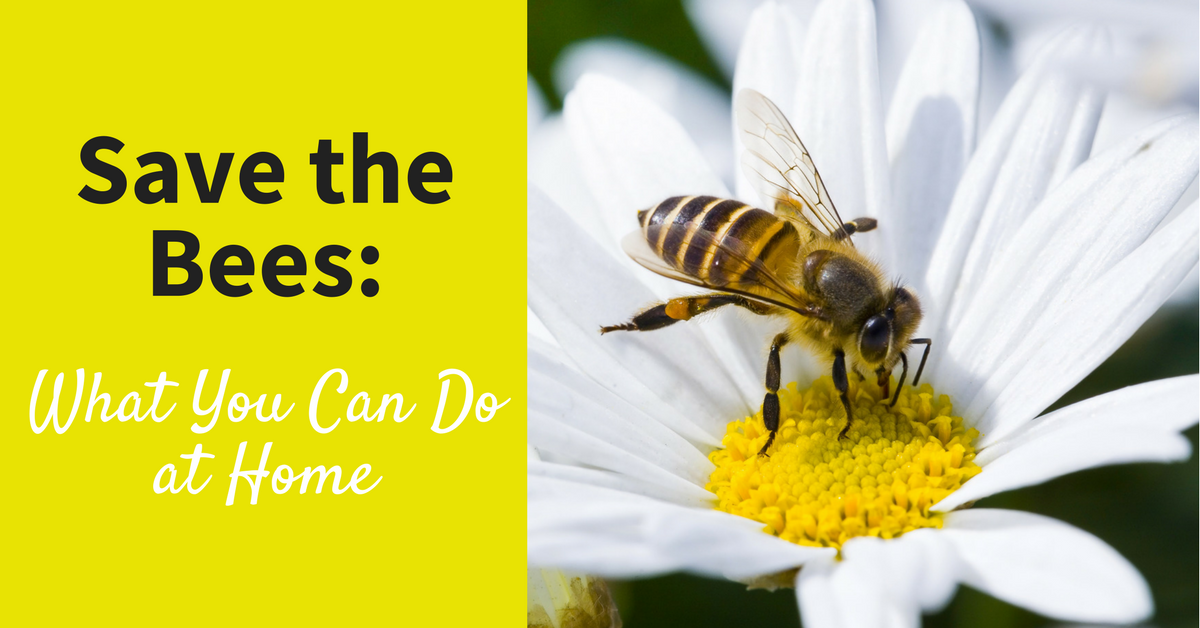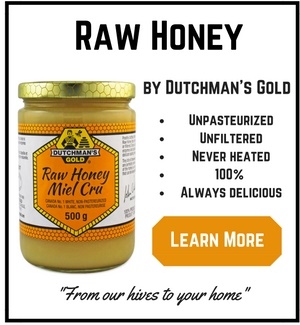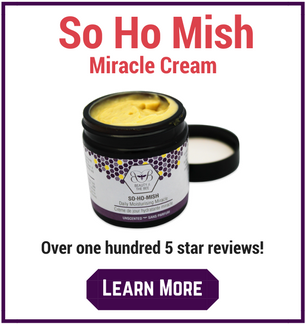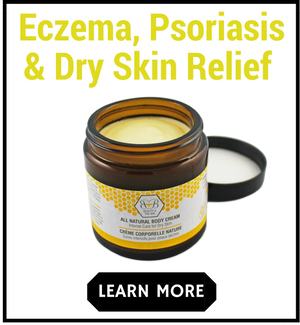Un-Bee-Lievable Ways to Protect the Bee Population: What You Can Do to Prevent Their Extinction

by Angela Van Alten, Nutritionist and Beekeeper's Daughter

You're probably used to seeing honey bees flying around your yard and chances are you've been stung by a honey bee at some point in your life. If you're like most people, you have a healthy fear of these little guys and you're likely to either stand completely still until the bee leaves the area or you simply 'get outta dodge' when you do encounter one.
So while it is completely normal to avoid honey bees out of fear of being stung, the fact is that bees are actually pretty helpful to your environment, to food production, and if you're a gardener, your garden space. We should all try to protect them.
Why Do We Need Bees?
While bees may seem like a pesky species, they actually do a lot for us and our economy. In the United States, more than one third of all crops require pollination. These crops include vegetables, nuts, and fruits. Without bees, our fruits and vegetables would not be harvested properly causing our economy would significantly decrease.
This also means that we wouldn’t have access to many of our favorite foods. These foods include, but aren’t limited to:
- Limes
- Lemons
- Peaches
- Avocados
- Almonds
- Apples
- Brussel Sprouts
- Pumpkins
We also wouldn’t be able to have coffee, which is a daily staple for many Americans.
So, the next time you try to rid your garden of bees, remember that without them, you wouldn’t be able to indulge in strawberries in the summer or make your famous caesar salad.
How Can You Help To Save the Bees
U.S. beekeepers say that only about one-third of all honeybee colonies around the nation have vanished. This means it’s our job to do what we can to keep them around.So, how can we help prevent bees from going extinct? As a gardner, there are a few things you can do each day.
As much as you may love the look of ornamental flowers in your plant boxes, some of them actually contain neonicotinoids which is actually poison for the bees. According to Popular Science, many states in the United States including Connecticut and Maryland and Ontario in Canada have taken steps to banning neonicotinoids completely. But, if your state has yet to do so, make sure anything you’re planting in your garden is free of the chemicals.
In order to protect the bees and attract them to your garden, the LA Times says you need to think like one. As humans, we tend to gravitate toward places or events that offer tasty food options. Bees are pretty similar in thinking. Bring them to your home with the use of food in the form of native plants. They will be more likely to visit your garden and pollinate there if the plants are native because they’re essentially pre-programmed to like those the best. Bees evolved with native plants, making the native garden a hot spot for visitors.
The LA Times suggests planting the native plants in drifts rather than just using one or two of them in your garden. Include at least three feet of a single species and keep them all within the same area. It’ll be easier for bees to navigate and you’ll be able to tell which plants have been pollinated.
Not only do bees need to be fed, it’s important to keep them hydrated as well. Honey bees, for example, need to have water so place a bowl or water fountain near your garden to ensure that they will never go thirsty. Some bees who don’t need the extra water to drink will use it mixed with dirt to create a mud that will keep their nests together. Just keep in mind that regardless of what the bees plan on using the water for that it must always be clean. Change out the water daily to prevent any mosquito problems.
Some Unique Ways to Save the Bees
Bees aren’t the only thing that can be saved here. You can actually save yourself a few bucks by cutting back on mulch. According to National Geographic, most bees will dig a nest in the ground as a place to raise their young. If there’s a lot of mulch in the way, they won’t be able to do so. If you choose to lay mulch down, don’t buy a lot of it, which can ultimately help you to save a few dollars.
If you want to really draw bees in, why not offer them a place of luxury and relaxation? Install a bee hotel in your garden, which can be found at your local garden store. It’s the perfect place for bees to nest and avoid the spring and summer elements. If you don’t want to buy a home for the bees, consider drilling holes in a dead tree that is still standing. This is an alternative for a bee house and if you're lucky enough, beetles have already drilled the holes in the tree for you!
Even though you may only be used to seeing bees in the warmer months, some species are actually active year-round. Because of this, it’s important to make sure you’re keeping the bees fed no matter when they’re flying around. Don’t neglect your garden in the fall and fill it with plants that colder-weather insects can indulge in.
Take Saving Bees to the Next Level
Saving the bees isn’t just about creating a safe space for them in your garden. If you find yourself truly invested in creating a bright future for the flying souls, a group or organization that supports pollinators may be the thing for you. There are groups around the country like Honey Bee Health Coalition or the Pollinator Partnership available for joining. If an organization like these aren’t exactly what you’re looking for, there are also citizen-science programs. These programs include The Great Sunflower Project, Fourth of July Butterfly Count, and the Bumble Bee Watch.
Joining one or a few of these groups and taking the steps listed above will ensure you’re doing your part to save the economy, your food, and the bees for many years to come.
For more on what you can do to help save the bees, visit our friends at Glory Bee.
Read Next: 7 Super Benefits of Honey
Explore the Many Health Benefits of Honey:
†These statements have not been evaluated by the Food and Drug Administration. This product is not intended to diagnose, treat, cure or prevent any disease.
|
|
|











New! Comments
Do you have something to say about what you just read! Leave me a comment in the box below. I'd love to hear from you!